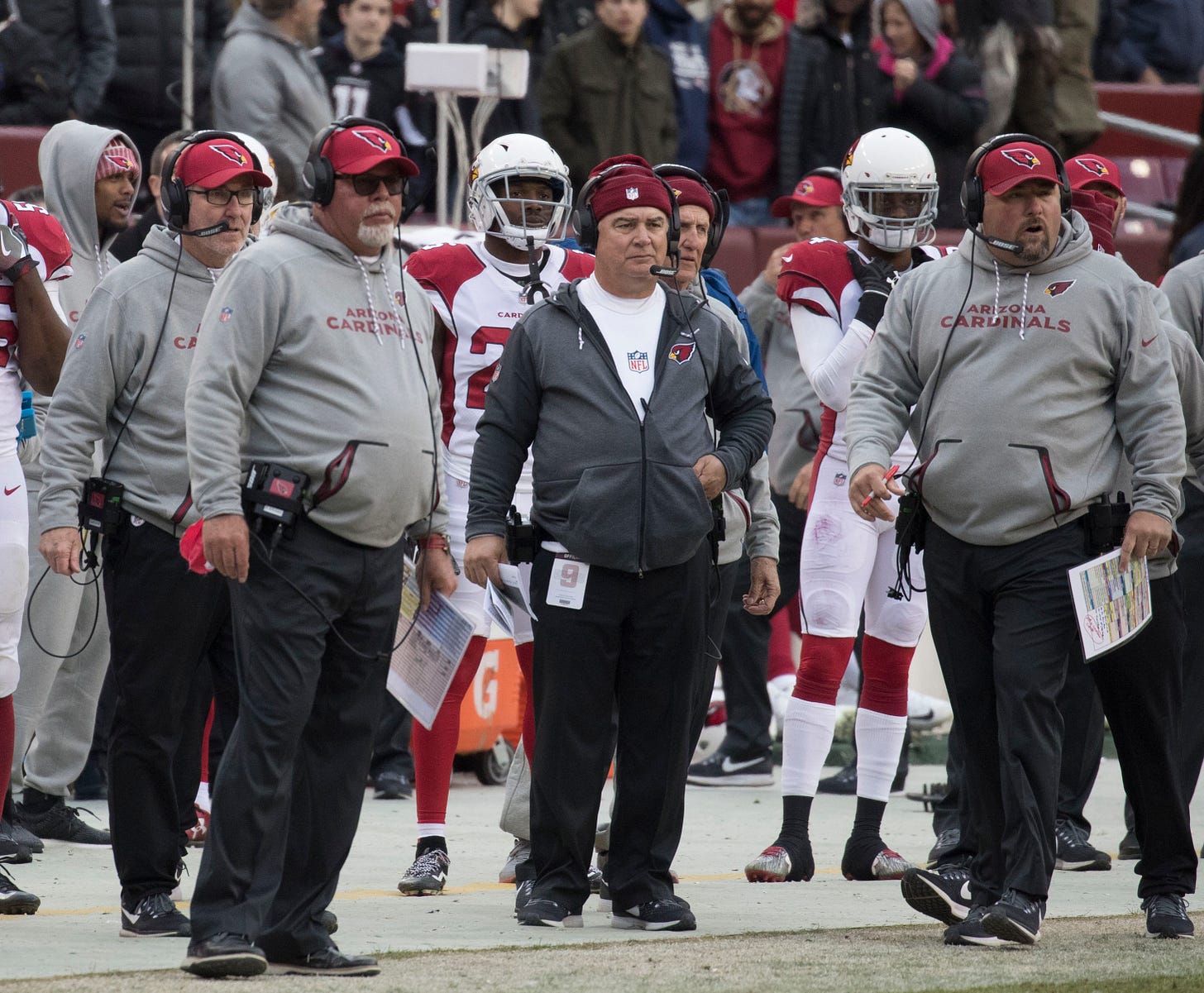Burnout: how can coaches get the rest they need?
Research spotlights strategies used to cope with the stress of managing elite teams
The contrast couldn’t be starker. Bruce Arians, pictured above, spent most of his coaching career prowling the sidelines. Come off-season, though, Arians could be found in a very different location: his lakehouse.
The ex-Cardinals coach’s decision to distance himself from the training pitch after the rigours of a taxing campaign might not seem unusual. …
Keep reading with a 7-day free trial
Subscribe to The Mind Room to keep reading this post and get 7 days of free access to the full post archives.

